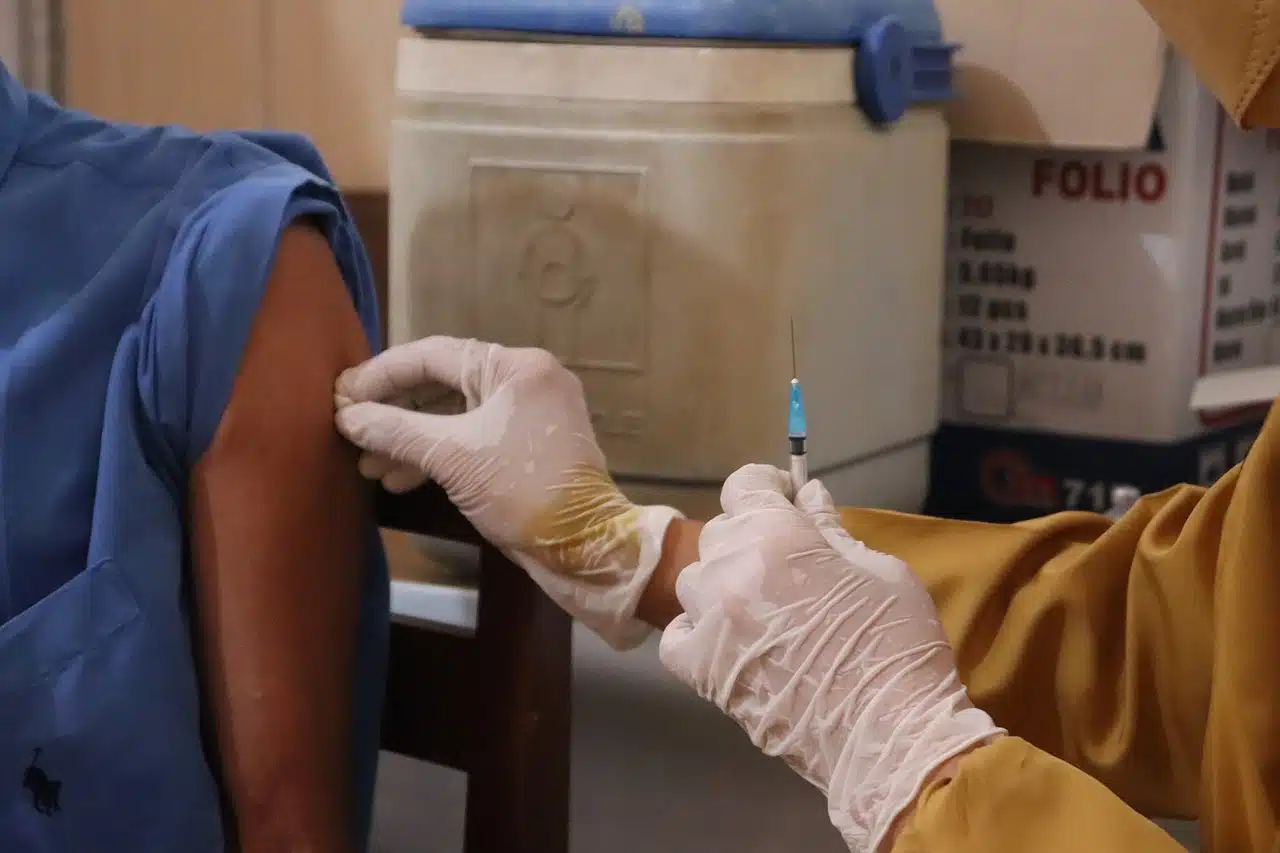
Antibodies are used by the immune system to recognize and block antigens.
Antibodies are proteins that react against an antigen in an animal-type organism . These antibodies, which can be found in the blood or other body fluids, are used by the immune system to recognize and block viruses , bacteria , parasites or fungi .
It is important to note that each type of antibody defends the body against a specific class of antigen. When the antibody mistakes healthy tissue for a harmful substance, it is called an autoimmune disorder .
Antibody formation
The most common antibody is made up of basic structural units that have four chains: two light and two heavy. The B lymphocyte is responsible for synthesizing antibodies, which can be divided into five different classes ( isotypes ) in the case of mammals.
Although the general structure of the antibodies is similar, a certain region of the protein is highly variable, giving rise to the existence of millions of antibodies. This part of the protein is called the hypervariable region .
The wide variety of antibodies is produced by combinations of a set of genetic segments, responsible for encoding various antigen binding sites. This then undergoes random mutations in this region of the antibody gene , increasing diversity even further.
Among the numerous types of antibodies, we can mention anti-tissue antibodies (which react against tissue antigens), anti-nuclear antibodies (attack antigens found on the surface of cell nuclei) and anti-nuclear antibodies. bivalent antibodies (capable of fixing a pair of corresponding antigen molecules on their surface), among others.

Vaccines contain antigens to generate an immune response in the body.
Diseases of the immune system
There is a set of diseases that are due to disorders in the immune or immune system and whose consequences are the suffering of frequent infections. In some cases they are not very serious but their recurrence could mean a delicate complication for the patient.
Some of the causes of these diseases may lie in the existence of certain unusual infectious cancers, viruses, fungi or some type of bacteria that directly affects the body's immunity .
These disorders may be due to a decrease in the number of white blood cells , inadequate functioning (despite being the amount that the body needs) or other failures of the immune system.
It is worth mentioning that immunodeficiency can occur from the moment of birth, in cases where it is genetically inherited, or develop over the years due to certain external factors.
Acquired immunodeficiency, which manifests itself at an older age, is usually caused by a certain disease. In some cases, a minor deterioration is generated in the defense system, but in other, more severe cases, the body's ability to confront the infection may be destroyed.
One of the best-known infections is that caused by HIV ( human immunodeficiency virus ), which is caused by the acquired immunodeficiency disease or syndrome, known under the acronym AIDS . This virus breaks down white blood cells, making it impossible for them to respond to the threat of any external infection, turning any simple disease into a serious problem for said organism.
Malnutrition and antibodies
During childhood, one of the main causes of conditions in the immune system is malnutrition .
If a child has malnutrition whose body weight is less than 80 percent of his or her adequate weight, it is known that the immune system will be affected and if it is 70 percent, the condition will be serious. This happens because the deficiency of nutrients caused by this poor diet prevents the body from creating antibodies, becoming increasingly weaker and becoming vulnerable to any threat from the outside.
